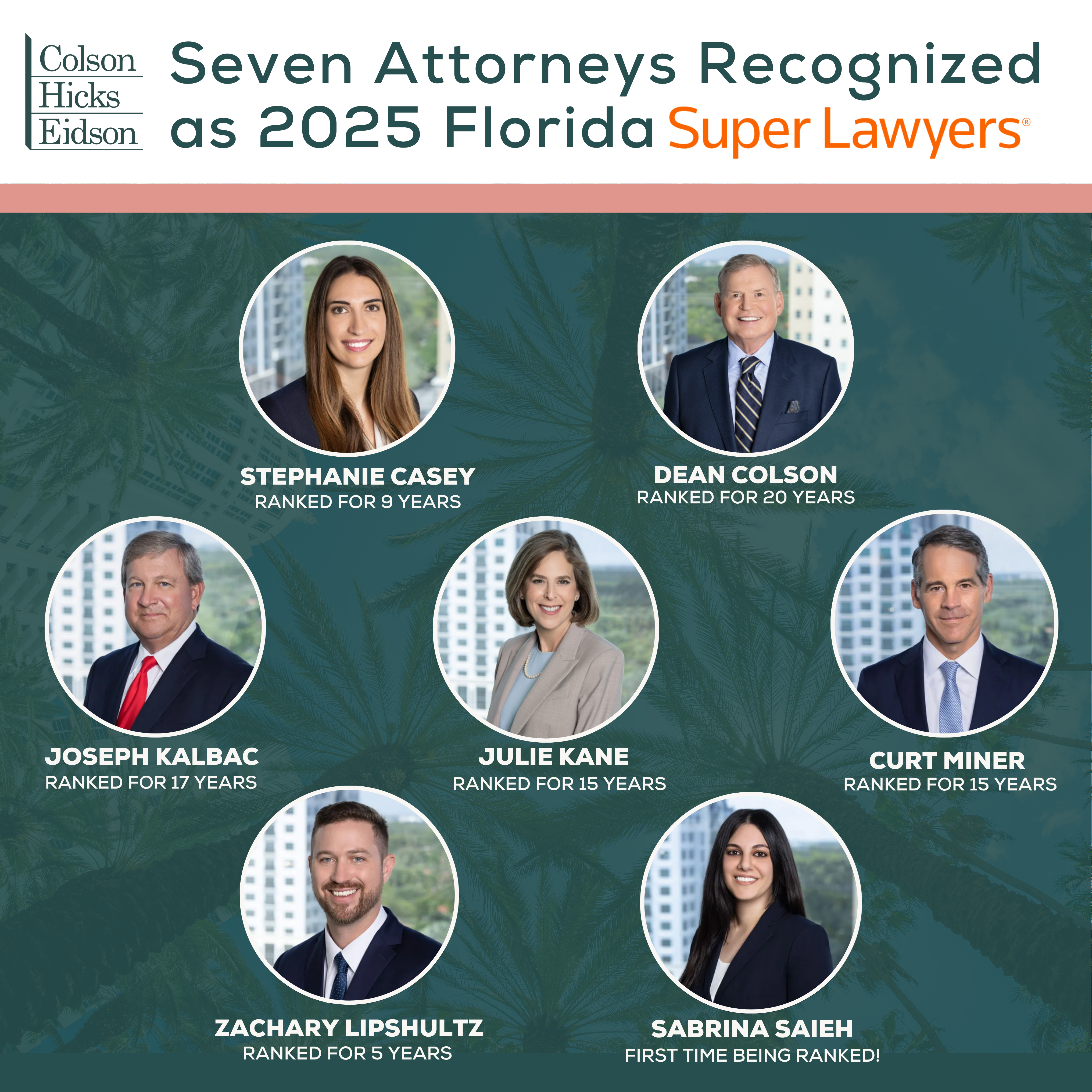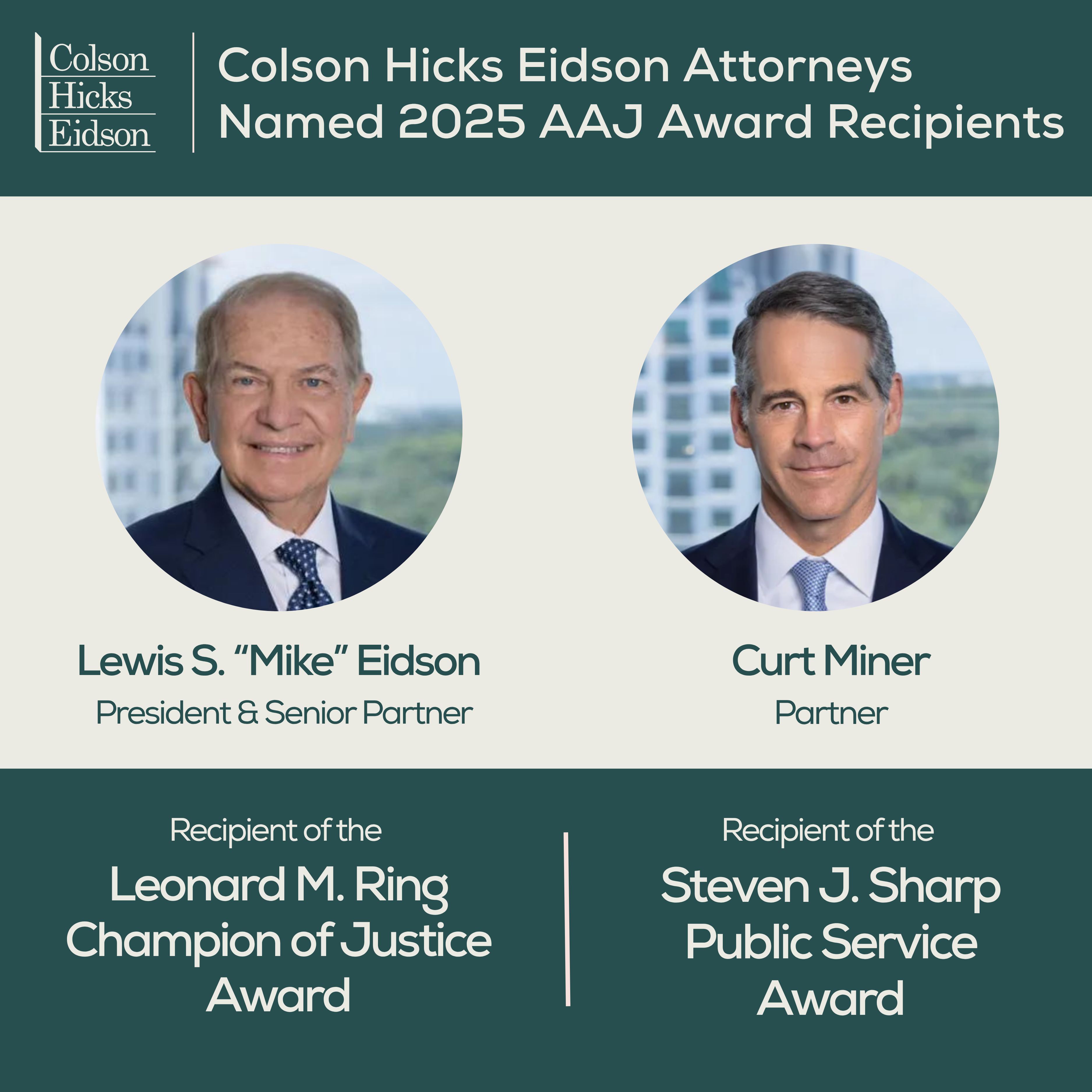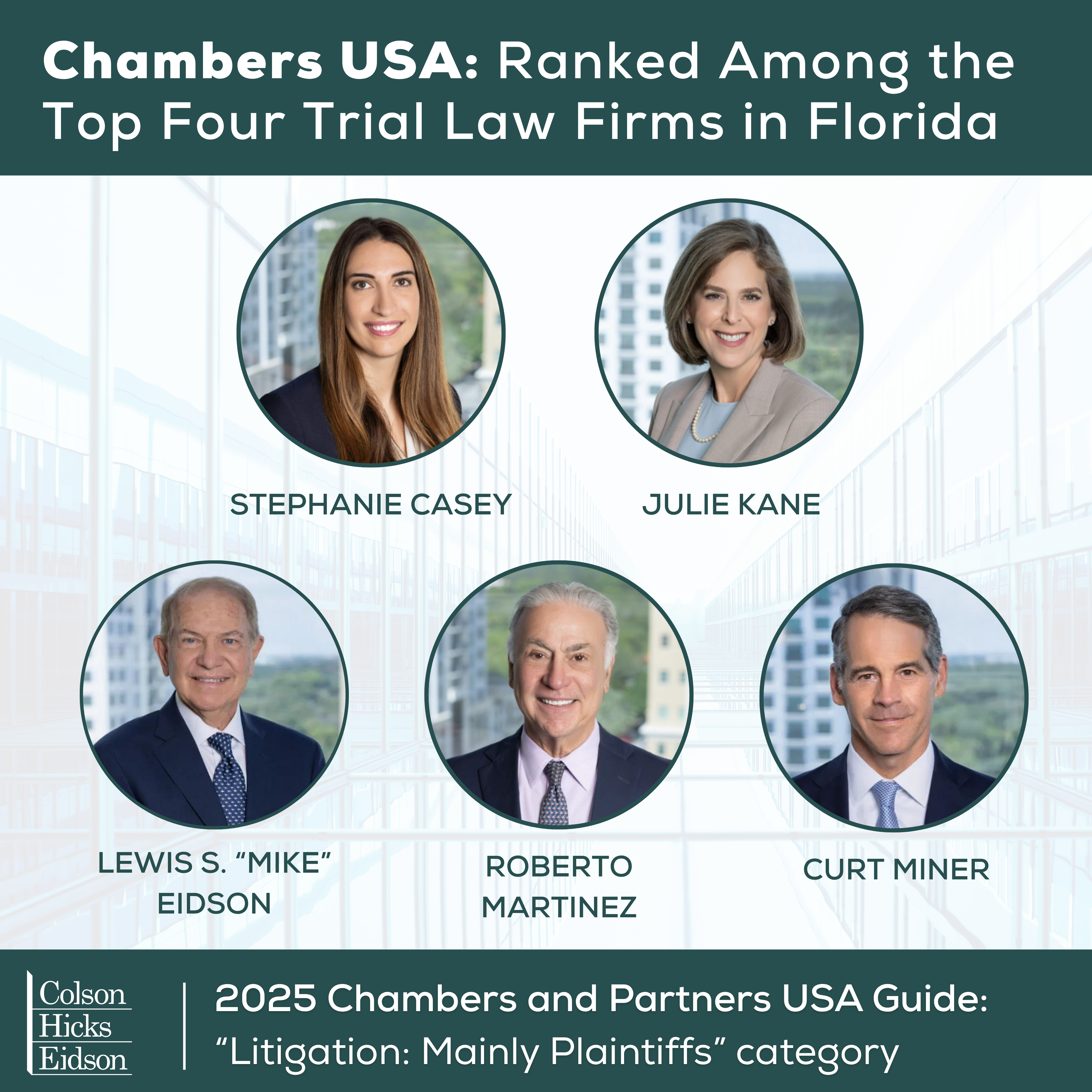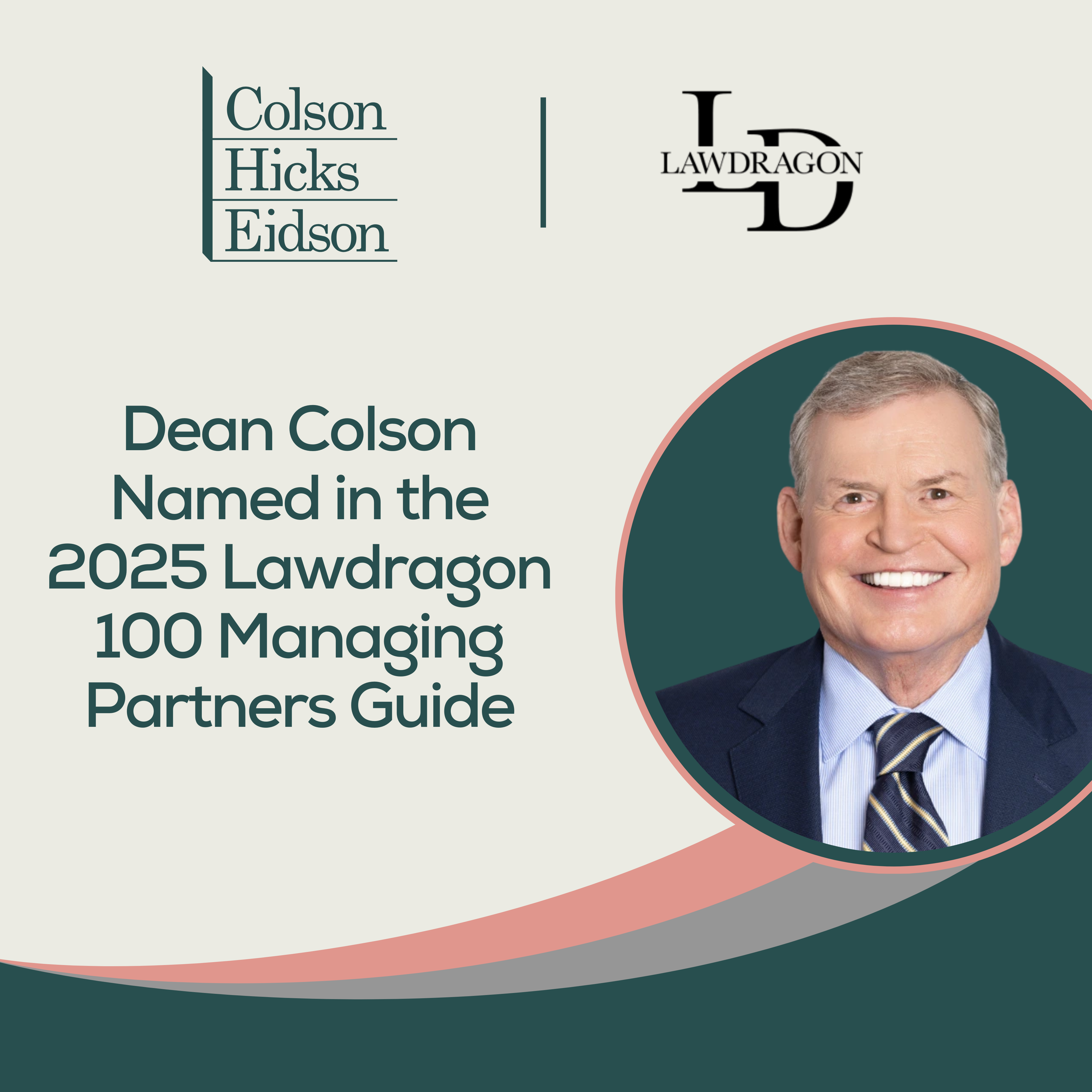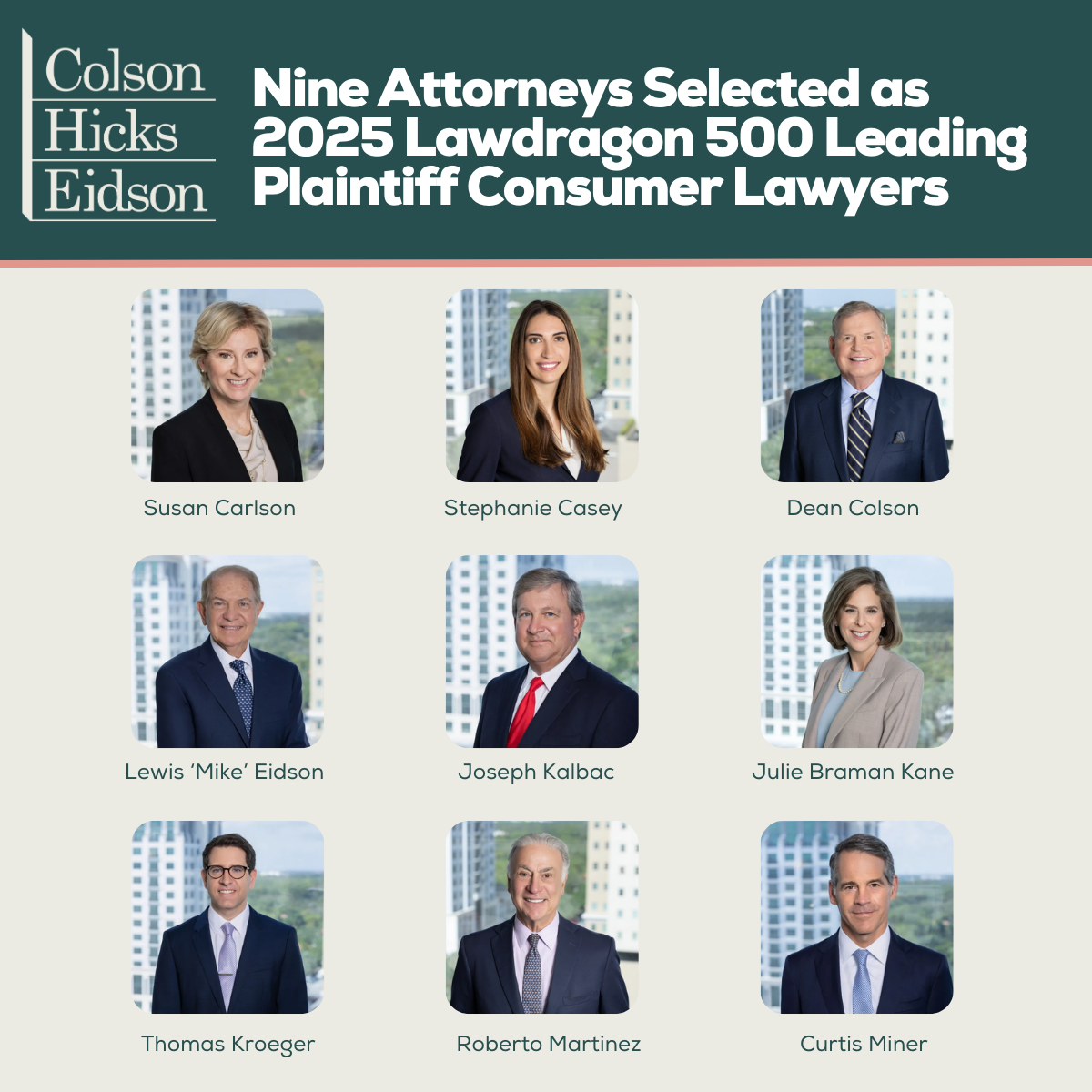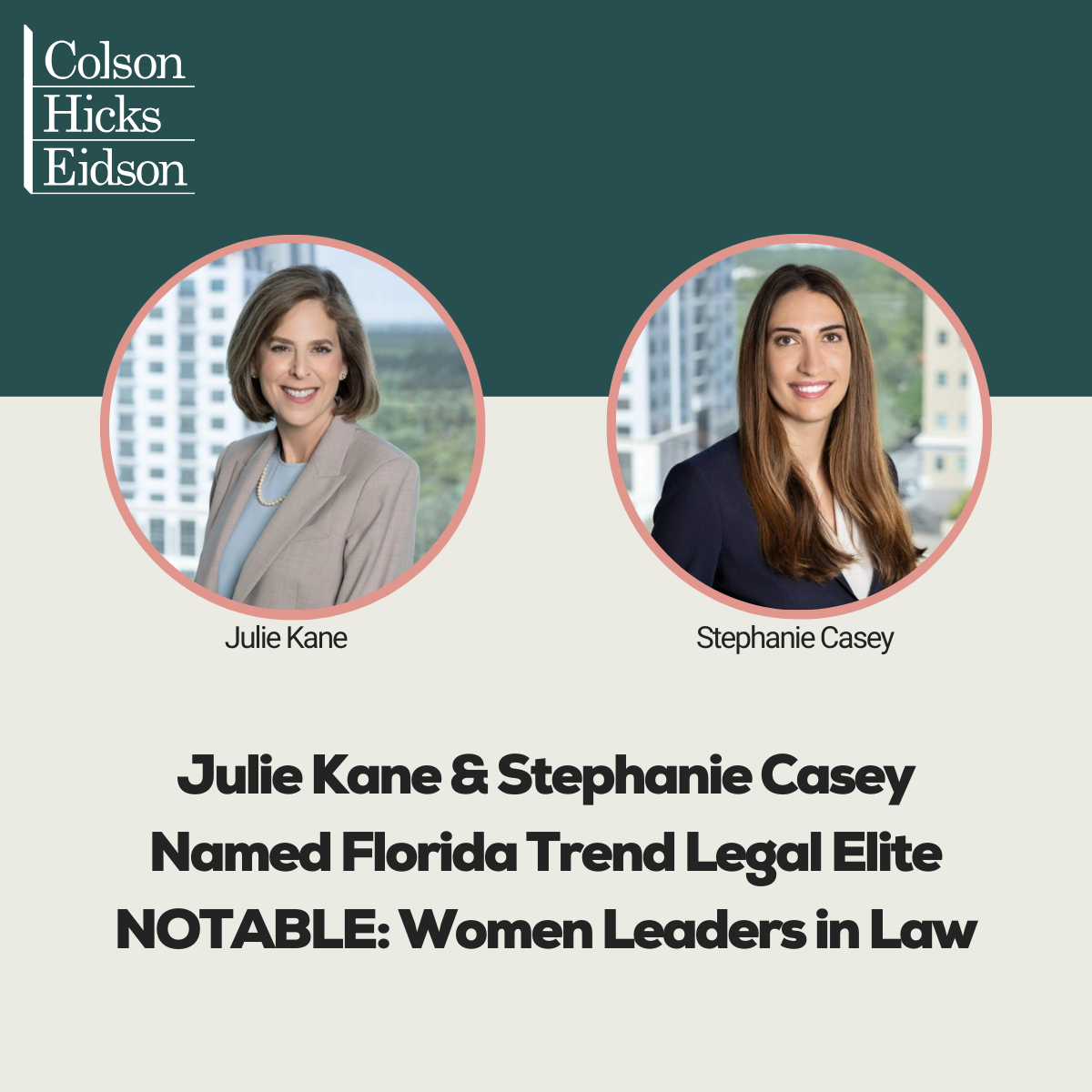 A Texas jury found Toyota, the parent company of Lexus, guilty of “gross negligence” for failing to warn consumers of potential seatback failures in a $242 million verdict. The case was in respect to a 2016 car crash, in which two young children suffered traumatic brain injuries when their parents’ Lexus was hit from behind.
A Texas jury found Toyota, the parent company of Lexus, guilty of “gross negligence” for failing to warn consumers of potential seatback failures in a $242 million verdict. The case was in respect to a 2016 car crash, in which two young children suffered traumatic brain injuries when their parents’ Lexus was hit from behind.
A seatback failure can occur when a vehicle endures rear impact collision. When impacted, the front seats of the vehicle can collapse, launching the driver and passenger backwards, where they are at risk of sliding out of their seatbelts and flying headfirst into the backseat. This can cause major injuries including brain or spinal cord injuries. During a seatback failure, people in the backseat, especially small children, are at risk for catastrophic and sometimes fatal injuries.
Unfortunately, this is not the first case against a major vehicle manufacturer for seatback failure. Over the years, major Japanese, American, German, and Korean vehicle brands have been involved in similar cases. As recently as 2016, a Texas jury awarded a family a $124.5 million verdict against Audi, when their son suffered permanent brain damage due to seatback failure.
Federal regulations for seatback strength safety standards have been in place since 1967. However, crash tests have shown that even a banquet chair can pass the current safety standards set in place. According to the National Highway Traffic Safety Administration (NHTSA), accidents involving seatback defects are rare. As a result, it has been difficult to update the current safety standards.
Seatback failures and defects vary from carmaker to car model, but NHTSA urges that the best place in a vehicle for a young child is in the backseat behind an empty seat or behind the lightest person in the front seat. If you or someone you love has been harmed by a seatback failure, Colson Hicks Eidson wants to help.
Our car defect lawyers have handled more than 100 cases involving defective auto components. You have the right to expect your vehicle will keep you safe. When it doesn’t, you have the right to take legal action. Our attorneys can discuss your case with you and help you determine your options. Call us at 305-476-7400 or fill out our online form to schedule a free consultation.
